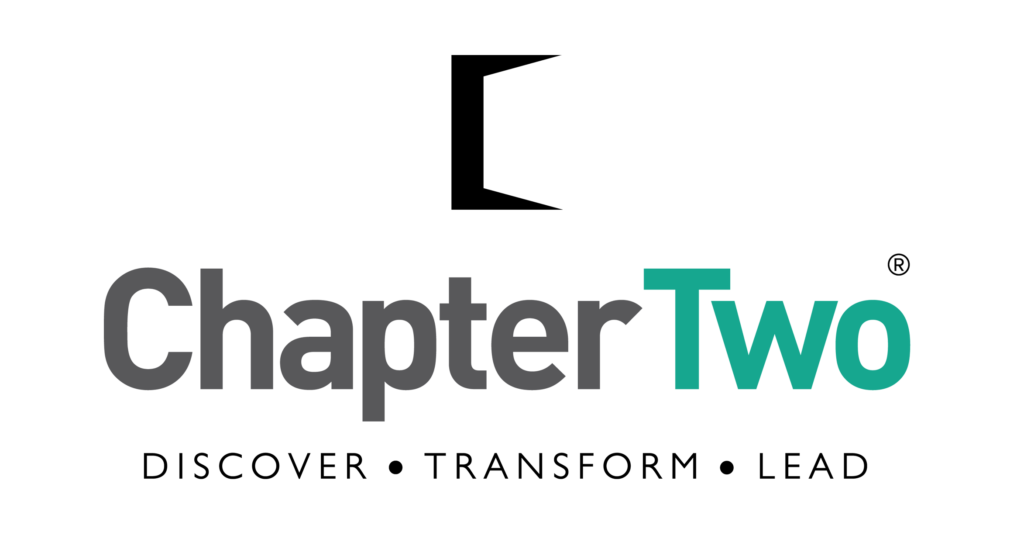A recent article in the Times of India made me think.
The last paragraph sums it all – “Men and women are held up to different standards. Traditionally, niceness is absolutely essential to feminine character – even as children we are taught that sugar and spice and all things nice are ingredients for the perfect little girl, which is why a man is ‘assertive’ and a woman is ‘bossy’, or a man is ‘ambitious’ and a woman is a ‘career bitch’.
When men are aggressive, persuasive and pushy, they are considered to have leadership skills. They don’t have to be liked at the work place to be considered a good leader.
If a lady is aggressive, persuasive and pushy, she is disliked and is labeled bossy and bitchy. Miranda Priestly from The devil wears Prada comes to my mind.
Women leaders, to be successful, have to be liked as well.
Women can have only one of the two – they can be seen a competent leader material or be liked by all at work. They can’t be both. This is the Double bind women face at work.
To be seen as self-confident at the work place, it is enough if a man is successful in his job performance. For a women to be seen as self-confident, she needs to be successful in her job performance as well, but she is not rewarded equally as the man – though their performances are at the same level.

Self-confidence appearance of high-performing women directly enabled their influence in the organization, only if they also had a high prosocial orientation.
What does this imply?
It implies that for men, if they performed well at their jobs, they can get ahead at work, get rewarded and progress in their career.
But for a women who is performing equally well and is seen as successful and self-confident, to be influential and progress in her career, she needs to make sure that she is investing time helping others and being a good citizen. Hence, performance reviews for women contain twice as much language about being prosocial, with terms such as warm, empathetic, helpful and dedicated to others, than for men.
This along with the inherent barriers – personal mindset barriers that women have as well as the barriers at the workplace, have led to confidence gap, leadership gap and pay gap between the male and female workforce.
Overcoming barriers at the work place, requires a shift in the individual mindset of working men and women and systematic shifts at the organizations at the policy level, which would give equal treatment.
Women don’t want preferential treatment. We want equal treatment.
About the author:
Sandhya Reddy is a PCC Accredited Executive Coach and Leadership coach based in Bangalore, India. She is a Hogan Assessor and Coach. She is the Founder and Principal Coach at Chapter Two Coaching, a coaching consultancy that specializes in leadership development. She is also a Certified Hogan Assessor. She has over 750+ hours of experience with coaching senior professionals. She has enabled personal transformation for over 1500+ individuals through coaching interventions, workshops, webinars and mentoring.
Chapter Two helps leaders in middle levels and senior levels engage better with their teams, peers and senior stakeholders. We help teams develop a growth and performance mindset, align better with the organizational culture and values and function more cohesively. We are also passionate about women’s leadership development and have developed a practice around it. We enable leadership development through 1:1 coaching interventions and through a set of curated leadership and personal transformational workshops.
